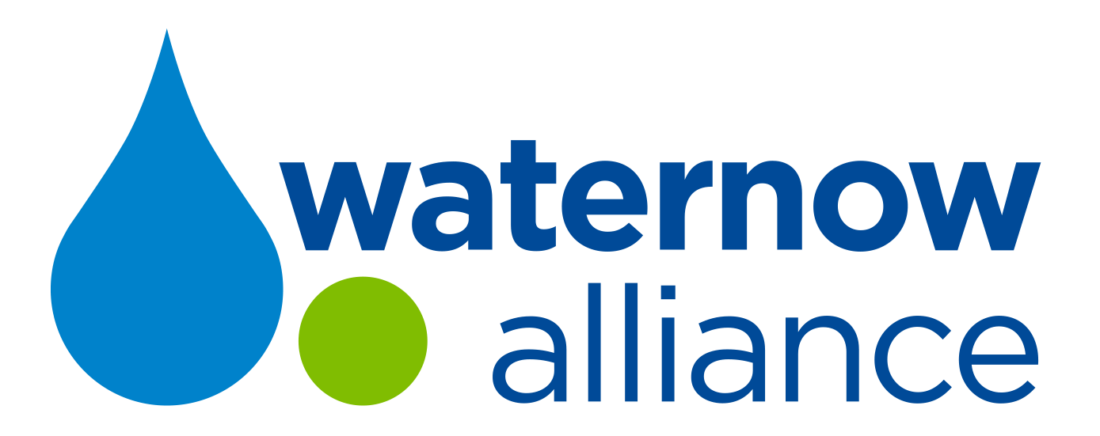Alternative Transfer Methods – Flexible & Innovative Water Supply Alternatives
A Guide for Local Leaders in Colorado View DescriptionWaterNow Alliance is pleased to present this guide to farm-friendly water transfers for Colorado municipal water leaders.
Colorado, like other states across the West, is challenged by water scarcity coupled with high population growth. Colorado’s Water Plan (the Plan), published in 2015, projects that by midcentury, demand for water will exceed available supplies by about 500,000 acre-feet annually. Alternative Transfer Methods have been identified in the Plan as one viable strategy for improving urban water supply reliability without negatively impacting the State’s other water users, primarily agriculture and the environment.
Alternative Transfer Methods (ATMs) are water sharing agreements between two water users, typically agriculture to municipal or environmental users. ATMs are a farm-friendly alternative to traditional “buy and dry” transactions where cities purchase farmland and associated water rights, change their use under formal Water Court proceedings, and permanently remove water from the farmland. ATMs are flexible and are established on a temporary or intermittent basis.
Colorado has taken important steps in recent years to remove legal, financial, and technical barriers to ATMs in order to support their practicality among water users. A number of laws have been enacted to streamline the ATM process, making them faster to execute than permanent water rights transfers. These laws have allowed ATMs to be implemented through Interruptible Water Supply Agreements (IWSA), Substitute Water Supply Plans (SWSPs), Lease-Fallowing Pilot Programs, water banks, and other agreements. Public financial resources, including grants from the Colorado Water Conservation Board and Bureau of Reclamation, have also been made available to support ATM studies and implementation. Academic institutions and non-profits across Colorado have published valuable technical reports and other resources to explain and unpack the potential for alternative water transfers.
A small but growing number of Colorado cities are turning to ATMs to improve their community’s water security in response to drought, for long-term supplemental supplies, or to efficiently share surplus water supplies.
- In the Arkansas Basin, municipalities and farmers on the Catlin Canal came together to craft an agreement to maintain agricultural production and provide up to 500 AF of water per year for urban needs.
- The City of Aurora secured vital water supplies to augment its depleted reservoirs during an extended drought, which led to a long- term agreement.
- Larimer County and Broomfield pioneered a perpetual lease to preserve a working farm and share water for municipal use in three out of every ten years.
- And Fort Collins and area farmers have reached a mutually beneficial agreement to share Fort Collins’ surplus water.
ATMs are a new concept for many local water decision makers. This guide includes important considerations and an eligibility checklist to help determine whether an ATM is right for your community. Additional information about public financial resources, agencies and organizations, and reports is also included.
ATMs are a powerful option for cities to meet their water supply needs. Not only can they improve a community’s water supply flexibility and security, but they can also protect active farmland and all of its broader benefits.
Questions or comments? Contact Victoria Arling, CO Basin Program Manager ([email protected])
